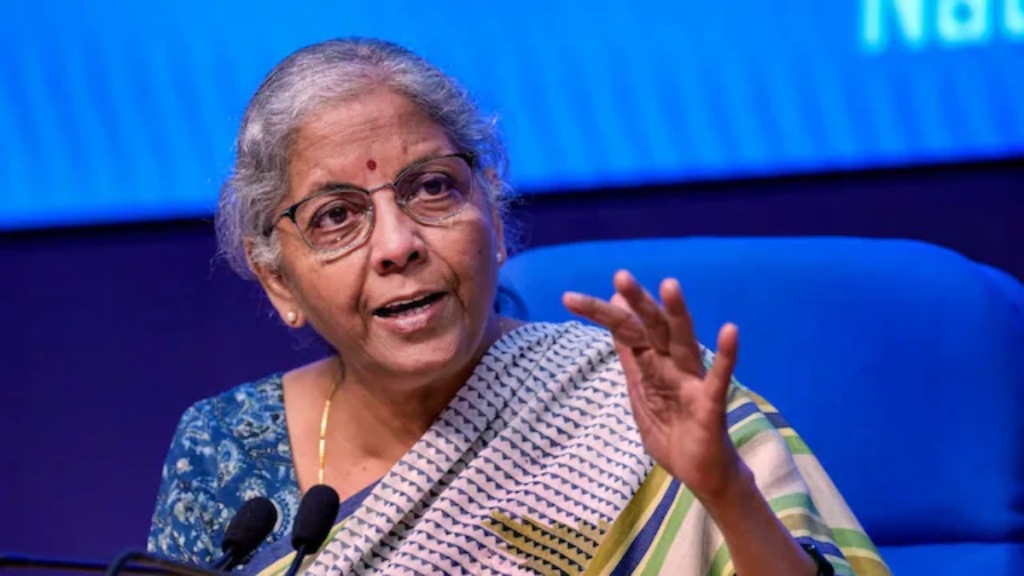Finance Minister Nirmala Sitharaman highlighted India’s role as a stabilising force in the global economy while cautioning against the risks of imbalances and volatility, in her inaugural address at the fourth edition of the ‘Kautilya Economic Conclave 2025’ at New Delhi.
Speaking at the conclave on Friday, themed “Seeking prosperity in turbulent times”, the minister noted that the very foundations of the global order are undergoing a structural transformation, with trade flows, alliances and financial systems being reshaped by geopolitical shifts.
Stating that the present is ‘turbulent’, in some sense, would be to understate the scale of the challenge at hand, the minister said, adding that omnipresent uncertainty has become the new norm.
International challenges
“The international order is morphing. Trade flows are being reshaped, alliances are being tested, investments are being rerouted along geopolitical lines, and shared commitments are being re-examined,” Sitharaman noted Reflecting on the contours of multi-polarity, the minister said the global dominance of one power has given way to contestation, with Asian nations asserting alternative models of growth and governance.
“What we face is not a temporary disruption but a structural transformation. The question is: What lies on the other side of this transformation? What will the new equilibrium look like? Who will shape it, and on what terms?” the minister said.
She however added that in this evolving landscape, India’s economic rise, anchored in strong domestic factors such as fiscal consolidation, strategic reforms, and controlled inflation, stands out as a source of stability.
“Our growth is firmly anchored in domestic factors, which minimises the impact of external shocks,” the minister stressed, while cautioning against complacency.
Trade and energy
The address drew attention to the difficult trade-offs faced by developing nations. These included the balance between energy transition and energy security, growth and sustainability, innovation and labour markets, and the high cost of borrowing versus investment needs.
“These trade-offs are not easily resolved, yet they cannot be ignored,” the minister said, pointing out that derisking and decoupling are reshaping globalisation and creating structural imbalances.
Citing trade, financial and energy asymmetries as major distortions in the current order, the minister said the task ahead was not just to manage uncertainty but to confront imbalance.
“We must ask ourselves: how can we build a global order where trade is fair, finance serves productive ends, energy is both affordable and sustainable, and climate action aligns with development imperatives?” the minister added.
The finance minister also flagged the growing impact of technological and financial disruptions. Innovations such as stable coins and new monetary architectures, along with intensifying geopolitical conflicts, are forcing nations to adapt to avoid exclusion, the minister observed.
“Our capacity to absorb shocks is strong, while our economic leverage is evolving. Our choices will determine whether resilience becomes a foundation for leadership or merely a buffer against uncertainty” the minister said.
Concluding the address, the minister highlighted that crises often precede renewal, and called for developing countries to be active participants in shaping global outcomes.
“We cannot afford to be passive spectators in a world where decisions elsewhere determine our destinies. We must be active participants, shaping outcomes where possible and preserving autonomy where necessary” the minister noted.
Highlighting the importance of dialogue and openness at the three-day conclave, the finance minister said, “Let us, therefore, treat this moment not only as a crisis but as an inflexion point. Let us converse, not only to ponder upon what future awaits us but also to lay out the contours of the future we wish to create.”
